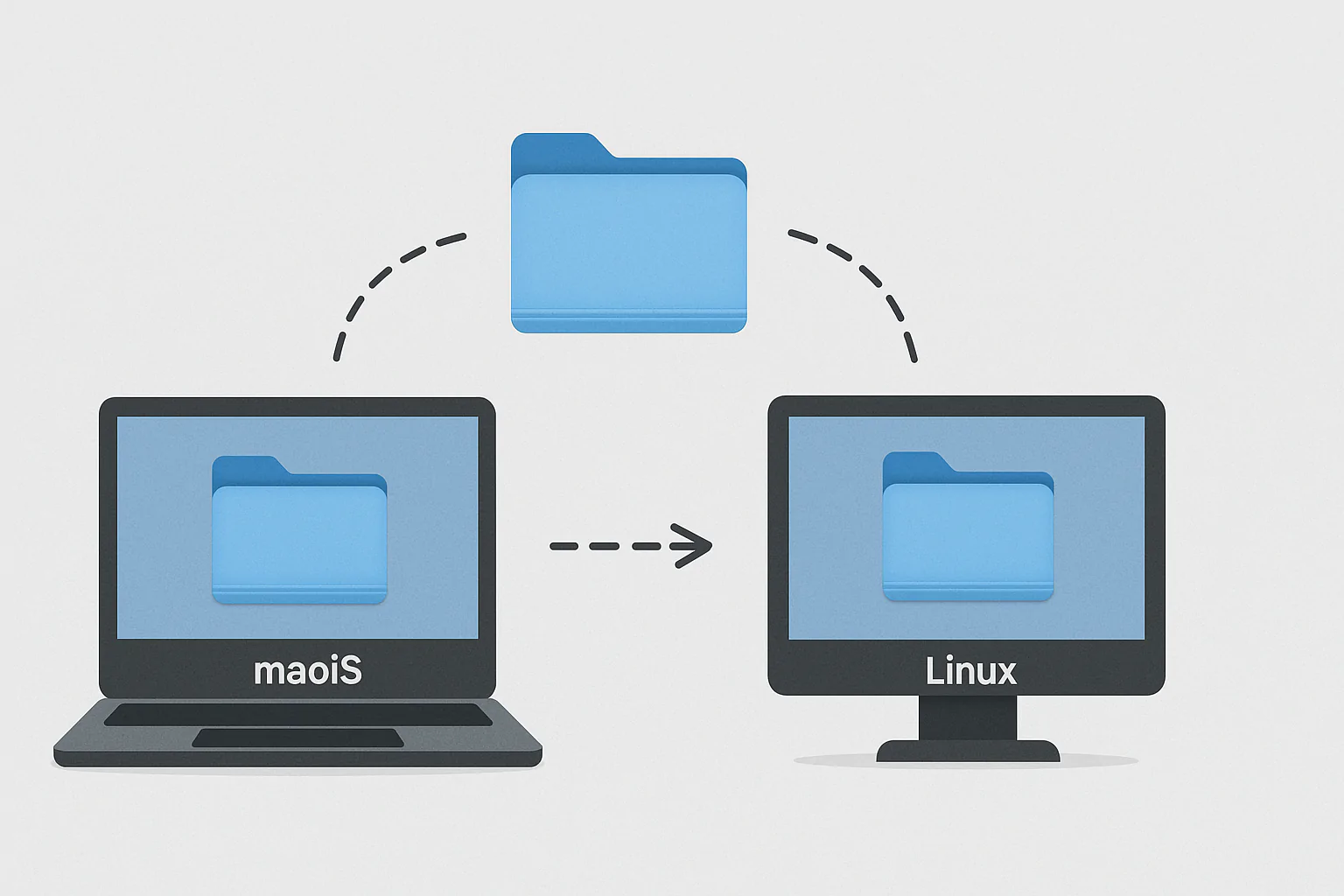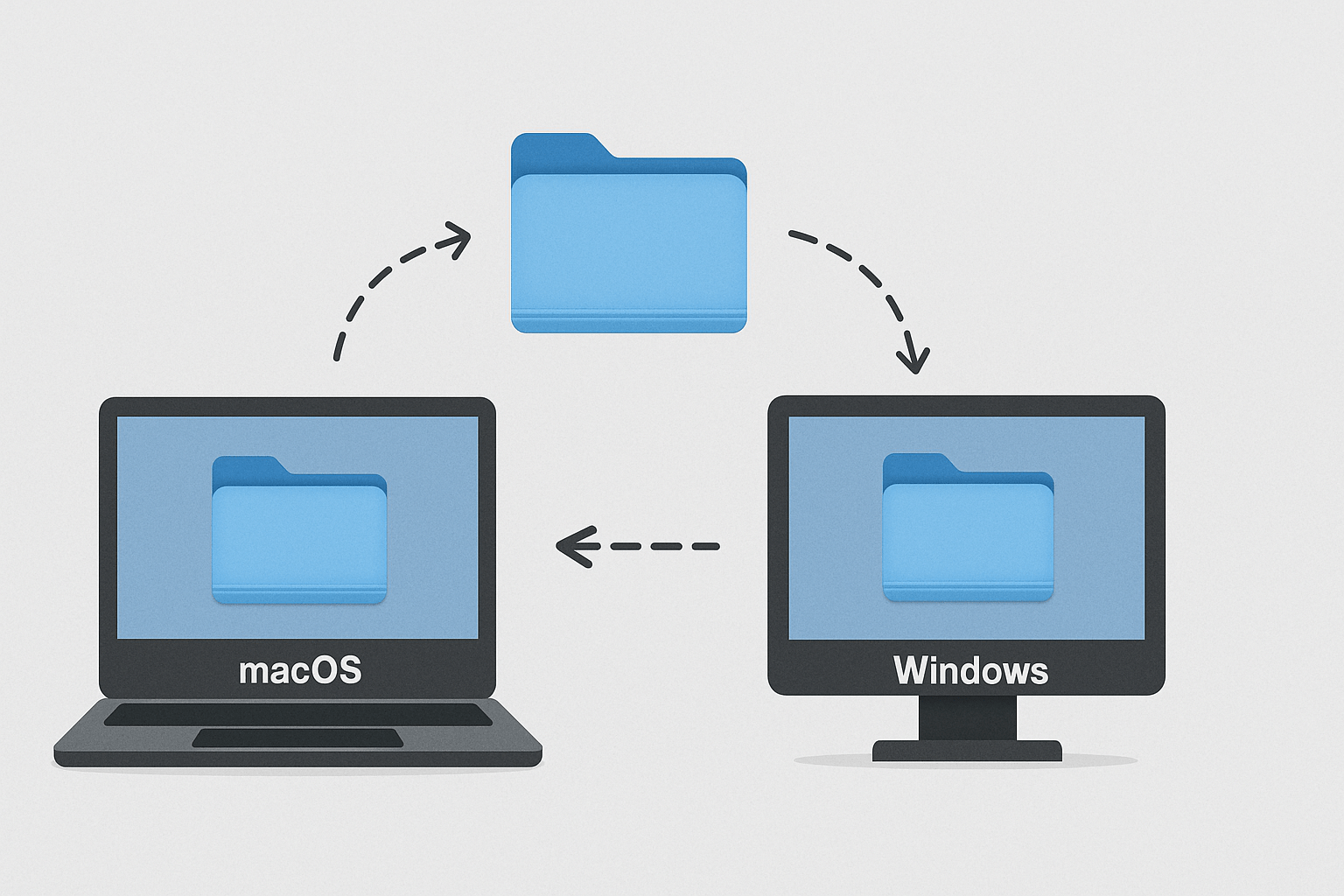In the age of information, misinformation about money is rife. From age-old sayings handed down through generations to modern-day viral money hacks on social media, myths about finance abound. They may sound convincing and are often widely believed, but some of these myths can sabotage your financial health if taken at face value. Let’s debunk some of the most common money myths and set the record straight.
Myth 1: More Money Equals More Happiness
Fact: While money can alleviate financial stress and provide for basic needs and comforts, it doesn’t guarantee happiness. Beyond a certain threshold, the correlation between wealth and happiness becomes tenuous. Research indicates that once people reach a comfortable living standard, further increases in income have marginal effects on well-being.
Myth 2: You Need to Earn Big to Save
Fact: Consistency, not the amount, is the key to saving. Many individuals with modest incomes have successfully built substantial savings over time by consistently setting aside small amounts and making prudent financial choices. Instead of waiting for a significant income jump, start with whatever you can afford and let compounding work its magic.
Myth 3: Investing is Only for the Rich

Fact: With the rise of micro-investing platforms and robo-advisors, anyone can start investing with as little as a few dollars. The financial markets are not an exclusive playground for the wealthy. By making informed decisions and leveraging available resources, even those with limited capital can grow their wealth through investing.
Myth 4: Credit Cards Are Bad
Fact: Credit cards, when used responsibly, can be a potent financial tool. They offer convenience and rewards and can help build a credit history, crucial for significant financial moves like getting a mortgage. Problems arise when users rack up balances they can’t pay off, leading to high interest and debt. The key is to use them wisely and pay off balances in full each month.
Myth 5: Buying a Home is Always Better Than Renting
Fact: The “rent vs. buy” debate isn’t clear-cut. While homeownership has its advantages, like building equity and potential tax breaks, it also comes with responsibilities like maintenance costs and property taxes. Renting offers flexibility and freedom from property upkeep. The best choice depends on personal circumstances, market conditions, and long-term goals.
Myth 6: Older Adults Can’t Learn About Finance
Fact: It’s never too late to learn about money. While starting early has its advantages, financial literacy isn’t confined to a particular age group. Many older adults have successfully navigated their financial journeys by seeking education and resources tailored to their unique needs.
Myth 7: You Should Always Pursue the Highest Paying Job
Fact: Salary is just one factor in job satisfaction. While a high-paying job might be enticing, other factors like work-life balance, job security, growth opportunities, and personal fulfillment play crucial roles in long-term job satisfaction and overall well-being.
Myth 8: Cash is Safer Than Digital Transactions

Fact: While there’s a tactile reassurance in using cash, digital transactions when managed correctly, can be equally (if not more) secure. Modern encryption, two-factor authentication, and fraud detection systems make digital transactions robust against fraud. Plus, they provide a traceable record, unlike cash, which, once lost, is gone forever.
Myth 9: Financial Advisers are Only for the Wealthy
Fact: Financial advisers aren’t just for those with hefty portfolios. Many advisers cater to clients with varying financial backgrounds, offering tailored advice on budgeting, investing, and financial planning. Seeking expert advice early can pave the way for better financial health.
Conclusion
In the world of finance, myths can easily lead us astray. It’s essential to seek knowledge from credible sources and be wary of advice that sounds too good to be true. By distinguishing fact from fiction, you empower yourself to make informed decisions that pave the way for a stable and prosperous financial future.









































